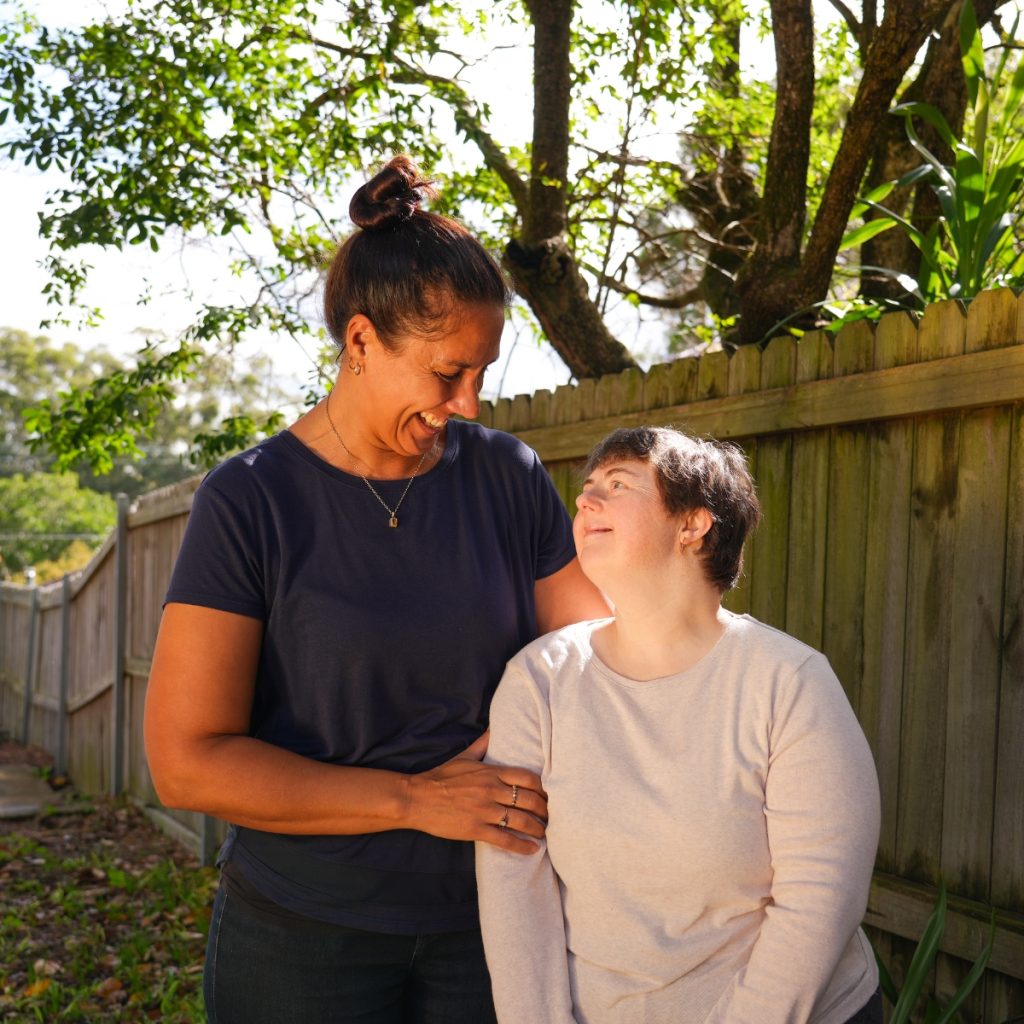Behaviour support plays a vital role in helping individuals with disabilities navigate daily life by addressing their unique behavioural needs. It involves creating strategies and environments that foster well-being, promote positive behaviours, and reduce challenges. Whether it’s enhancing communication or increasing participation in education and community activities, behaviour support is essential for individuals and families alike.
This article explores the purpose, components, and benefits of behaviour support, highlighting its transformative impact on individuals with disabilities and their loved ones.
What is Behaviour Support and Why is it Important?
Behaviour support refers to a framework of strategies designed to promote positive behaviours and reduce behaviours that challenge. For individuals with disabilities, these plans aim to improve communication, emotional regulation, and social skills, while enhancing overall quality of life.
The ultimate goal of behaviour support is to create a safe, adaptive environment where individuals feel empowered to thrive. This approach not only benefits the individual but also helps families and caregivers build stronger, more supportive relationships.
Key Elements of Effective Behaviour Support Plans
A well-designed behaviour support plan (BSP) incorporates several critical components to ensure its success:
Assessment
The process begins with a detailed analysis of the individual’s behaviours, identifying patterns, triggers, and underlying causes. This assessment provides a foundation for developing tailored strategies.
Strategy Development
Support professionals create personalised approaches to address specific behaviours. This may include techniques like skill-building, positive reinforcement, and environmental adjustments.
Implementation and Review
Once strategies are in place, the plan is executed with ongoing monitoring to assess its effectiveness. Regular reviews ensure the plan adapts to the individual’s changing needs.
Collaboration is crucial at every stage. Support professionals work closely with families, educators, and care teams to ensure the plan is effective and aligned with the individual’s goals.
Strategies and Techniques Used in NDIS Positive Behaviour Support
Behaviour support relies on evidence-based techniques tailored to individual needs. Some common approaches include:
Positive Reinforcement
Rewarding desired behaviours with praise, tangible rewards, or privileges encourages individuals to repeat those behaviours.
Skill Building
Developing essential skills, such as communication or emotional regulation, helps individuals navigate challenging situations more effectively.
Environmental Adjustments
Modifying the environment to reduce stressors—such as altering lighting, sound levels, or physical layouts—minimises triggers for behaviours of concern.
For example, a child with sensory sensitivities might benefit from a quiet, dimly lit study area, while an adult seeking employment could practice communication skills with their support practitioner.
The Benefits of Behaviour Support for Individuals and Families
For Individuals
Behaviour support fosters independence, confidence, and a sense of control. By addressing behavioural challenges, individuals can build stronger social connections, improve their emotional well-being, and participate more actively in their communities.
For Families and Caregivers
Families benefit from reduced stress and improved communication. A clear behaviour support plan provides guidance, enabling caregivers to understand and address their loved one’s needs with confidence.
By fostering collaboration between individuals, families, and practitioners, behaviour support strengthens relationships and creates a more harmonious environment for everyone involved.
The Role of Trained Professionals in Behaviour Support
Behaviour support is most effective when delivered by trained practitioners, such as NDIS behaviour support practitioners. These professionals are responsible for:
- Conducting assessments to identify behavioural needs.
- Developing well structured and easy to implement behaviour support plans.
- Collaborating with families and multidisciplinary teams to ensure comprehensive support and implementation of the plan.
- Regularly reviewing and adjusting plans to reflect the individual’s progress and changing circumstances.
Disability support providers also play a crucial role in understanding and applying behaviour support plans. Regular training for staff ensures plans are implemented effectively, fostering better outcomes for individuals.
Understanding Policy and Legal Considerations in Behaviour Support
Behaviour support operates within a framework of policies and ethical standards designed to protect individuals’ rights and dignity. In Australia, NDIS behaviour support practitioners adhere to strict guidelines to ensure:
- Plans prioritise consent and respect for the individual’s autonomy.
- Restrictive practices are minimised and used only when absolutely necessary.
- Strategies align with local and national regulations to ensure the highest standards of care.
For individuals moving into shared living arrangements or accessing accommodation, providers may request an up-to-date behaviour support plan as part of the process.
How to Access Behaviour Support in the NDIS Framework
Accessing NDIS behaviour support starts with applying for funding through an NDIS plan. A Support Coordinator can assist with this process, ensuring funding is allocated to develop a tailored behaviour support plan.
Once approved, families and participants can collaborate with NDIS behaviour support practitioners to create and implement the plan. Regular communication and goal-setting with the coordinator ensure the plan remains aligned with the individual’s needs.
The Future of Behaviour Support for Individuals with Disabilities
The field of behaviour support continues to evolve with advancements in research, training, and technology. Emerging trends include:
- Greater use of digital tools to monitor progress and collect feedback.
- Increased focus on early intervention to address behaviours before they escalate.
- Enhanced collaboration between support teams, families, and communities.
These innovations promise to make behaviour support even more effective, creating opportunities for individuals to lead fulfilling and empowered lives.
Building an Inclusive Future for Behaviour Support
Behaviour support is a cornerstone of improving the lives of individuals with disabilities, offering structured plans that enhance their well-being, independence, and community involvement. These plans are particularly important when transitioning into shared living arrangements, where providers often require a BSP to ensure harmonious group dynamics. If you’re considering accommodation options, a Support Coordinator can assist with applying for funding to develop a tailored BSP that meets your needs.
By fostering collaboration, innovation, and empathy, behaviour support continues to evolve, creating opportunities for individuals with disabilities to thrive. For more information on how a Behaviour Support Plan can benefit you or a loved one, contact us to explore your options today.






